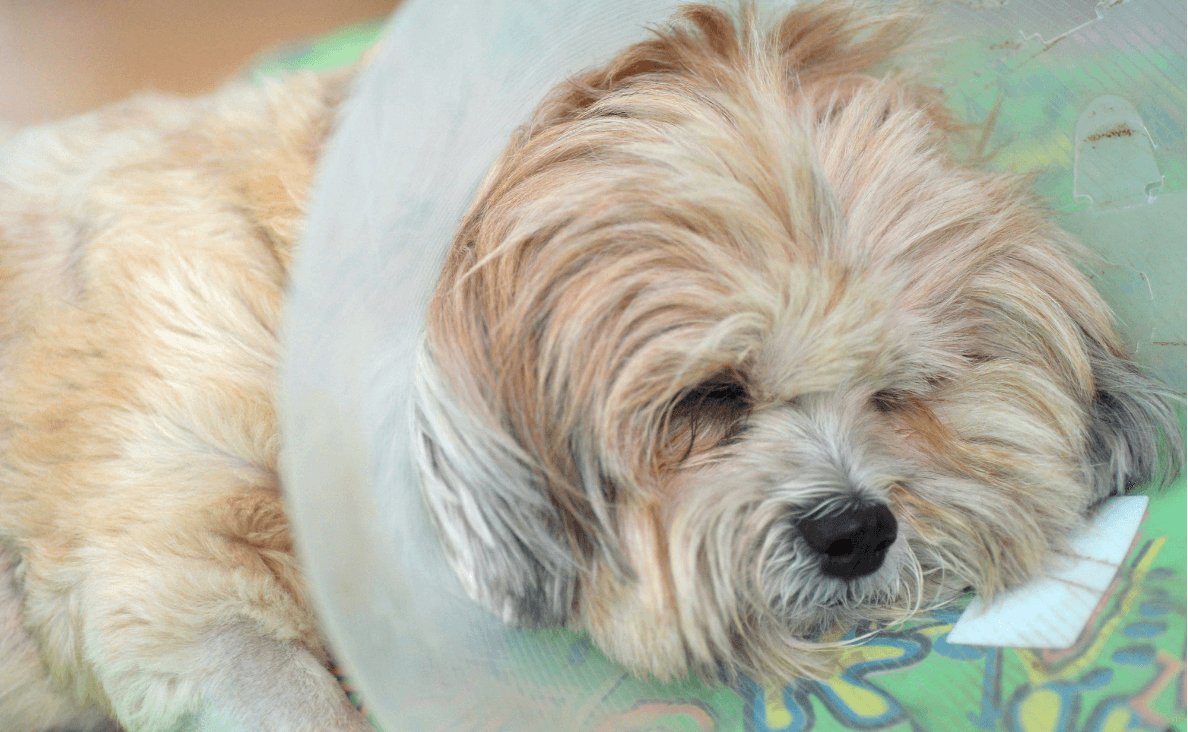
February 26th is National Spay Day USA. Typically held on the last Tuesday of February, this national observance provides an opportunity for shelter and rescue programs to highlight the importance of spaying or neutering your pets. This year is the 25th anniversary of annual World Spay Day and a perfect opportunity to recognize the important contribution donors and volunteers worldwide have made to decrease the number of unwanted animals and the population of stray dogs, cats and other companion animals.
The decision to spay or neuter your dog is one of the most important decisions you will make for your canine companion.

Spaying your female dog involves removing the ovaries and uterus. This veterinary procedure requires minimal hospitalization and offers lifelong benefits. Neutering your male dog involves removing your dog’s testicles. It is a faster, easier procedure than spaying females. Normally, the duration of anesthesia required is very short.
-
Health advantages
Spaying / neutering offers many health benefits for both male and female dogs. In females, spaying helps prevent uterine infections (pyometra), uterine tumors and breast cancer, which is fatal in about 50 percent of female dogs. In males, neutering eliminates the occurrence of testicular cancer, benign hyperplasia of the prostrate gland, prostatitis and perineal hernias.
-
Behavioral benefits
Females display certain behaviors when they go into their heat cycle. Complications that are reduced or eliminated by spaying include mood swings, swollen nipples, attraction to males, a swollen vulva and bloody discharge.
Male dogs display hormonally-induced aggression toward other male dogs. Neutering eliminates most of this type of behavior without affecting a male dog’s protective instincts toward his home and family. Neutering will usually eliminate other objectionable behaviors such as mounting furniture and people. He will stop roaming behaviors because he is no longer seeking a mate. Without testosterone, sexual urges are not present so the animal is better able to focus on their people rather than on reproduction.

-
Lower genetic diseases
There are countless genetic conditions that are unknowingly passed on from generation to generation. Common examples are hip dysplasia, urinary bladder stones, epilepsy, heart disease, eye disease, and brachycephalic syndrome (obstructive upper airway disease). Spaying or neutering helps prevent these diseases from being passed on to the next generation of puppies. This is one reason breeding is best left to the professionals.
-
Prevent unplanned pregnancies
Unspayed females that are in heat are highly attractive to male dogs. Chances are, a male dog will catch her scent and find a way to get to her, producing a litter of unplanned puppies. If she becomes pregnant, your dog – and her puppies – will require veterinary care. Puppies need to be dewormed, immunized and examined. Delivery can be difficult – sometimes female dogs need a cesarean-section which can be quite expensive. Finally, it can be difficult – if not impossible – to find good homes for the puppies.

-
Reduce dog overpopulation
In the U.S., approximately 3.9 million dogs enter animal shelters each year. Of these, about 1.2 million are euthanized. These healthy, sweet dogs would have made great companions. Most of these are not offspring of homeless dogs – many of them are the puppies of cherished family pets and even purebreds. Spaying or neutering your dog is the only permanent, 100 percent effective method of birth control for dogs.
-
Lower cost of dog ownership
When you factor in the long-term costs of caring for an unspayed or unneutered dog, the savings are significant. Caring for a dog with reproductive health issues – like cancer, pyometra or a hyperplasia of the prostrate gland – can easily run in the thousands of dollars. Additionally, unaltered dogs – especially males – tend to be involved in serious fights that can incur high veterinary bills. Some areas require owners of unaltered dogs to pay more for their license and renewal fees, which can add up over time.

Here at Canine Campus we don’t allow unneutered males over 7 months of age to co-mingle on campus. Click here to learn more about our admissions policies.
Part of being a conscientious dog owner is to get your dog spayed or neutered. Check with your veterinarian to find out about their cost for the procedure. If you are looking for an affordable option, the American Society for the Prevention of Cruelty to Animals (ASPCA) maintains a list of low-cost spay/neuter programs in the U.S. There are two programs listed in Colorado Springs:
- Humane Society of the Pikes Peak Region – 719-473-1741
- Hamlett Spay and Neuter Clinic of Colorado Springs – 719-475-1800.

We hope you will join us as we observe Spay Day USA (find us on social media!) and encourage friends and family members to consider spaying or neutering their pets.













Hello,
I found the info in the articles on your website such as the Top 6 Reasons to Spay or Neuter Your Dog interesting, but l was alarmed to find “degenerative myelopathy (eye disease).” This condition affects the nervous system (not eyes, which would be myopathy?) causing PARALYSIS and there is no treatment for it – it is very serious and it ultimately causes death.
Thank you for recognizing this error and letting me know! I’ve changed the text to just read “eye disease” which is more accurate. Please visit the Canine Campus blog often. I appreciate your input!